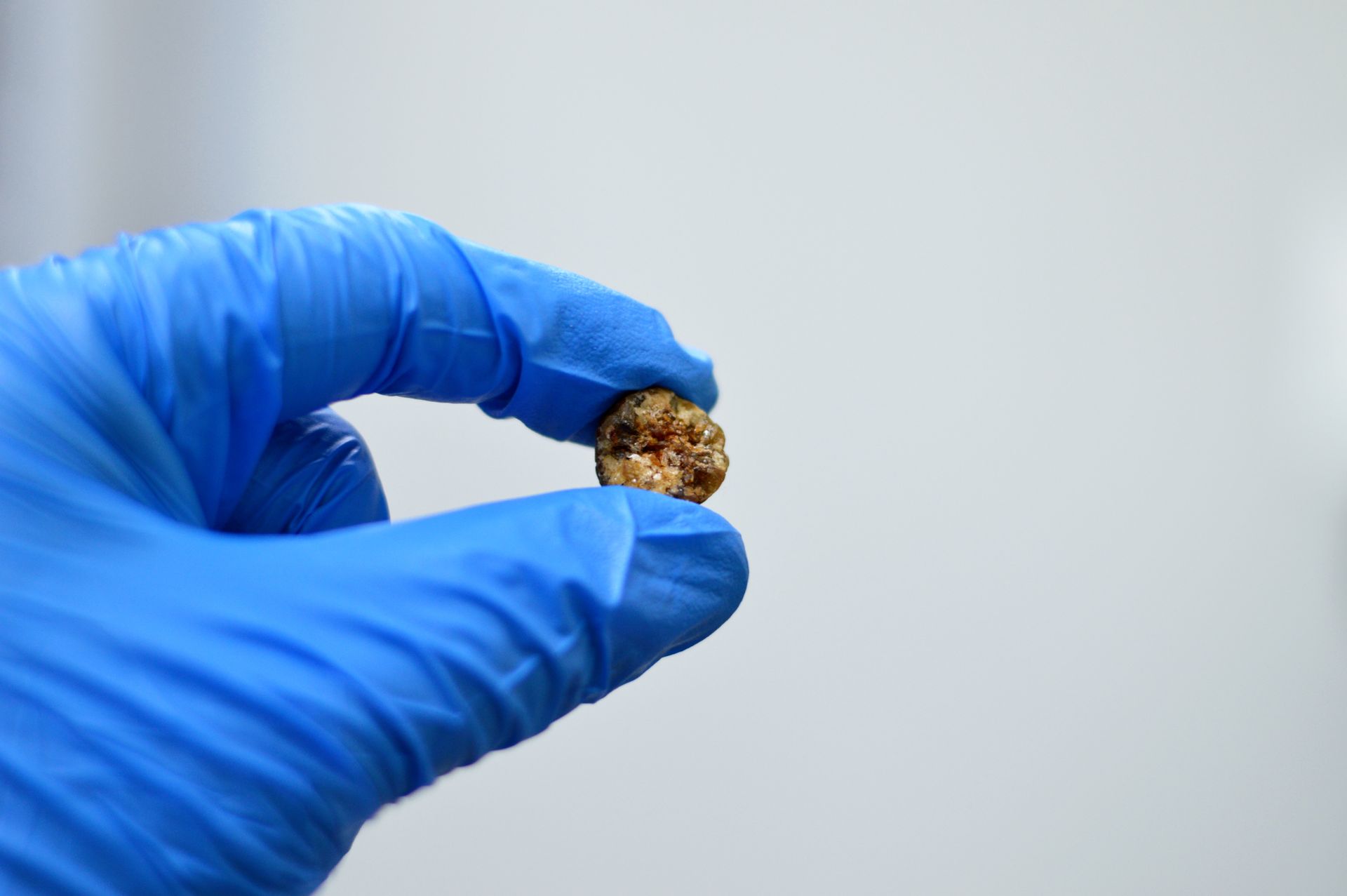Mount Elizabeth Novena Hospital #10-48/49
What Conditions Cause Upper Abdominal Pain in Women?
If you're a woman and have been dealing with recurring upper abdominal discomfort, it's important not to brush it off. That nagging pain could be your body telling you something's wrong. Finding out what's causing the discomfort is the first step toward getting the right treatment and feeling better.
In this article, we'll discuss common reasons why women experience upper abdominal pain.
Indigestion
Indigestion, also known as dyspepsia, is a frequent cause of upper abdominal discomfort. It manifests as a feeling of fullness, bloating, and upper abdominal pain, often accompanied by nausea and burping.
Indigestion can result from overeating, consuming fatty or spicy foods, excessive caffeine or alcohol intake, and stress. Though usually benign, persistent indigestion may require medical attention to rule out more serious conditions.
Gastritis
Gastritis is inflammation of the stomach lining that causes sharp or burning pain in the upper abdomen. It may be acute or chronic and is often triggered by infections, prolonged use of nonsteroidal anti-inflammatory drugs (NSAIDs), excessive alcohol consumption, or stress.
Gastritis symptoms include nausea, vomiting, and a feeling of fullness after eating. Treatment usually consists of antibiotics for infections, antacids, and lifestyle modifications.
Peptic ulcer disease
Peptic ulcer disease is the formation of sores or ulcers in the lining of the stomach or the first part of the small intestine. The most common symptom is a burning or biting pain in the upper abdomen, which may improve or worsen with eating. Helicobacter pylori infection and prolonged use of NSAIDs are common causes.
Treatment usually includes antibiotics, proton pump inhibitors (PPIs), and changing of lifestyle to promote healing and prevent recurrence.
GERD
Gastroesophageal reflux disease (GERD) happens when stomach acid flows back into the oesophagus, causing irritation. This reflux leads to heartburn, a burning sensation in the chest or upper abdomen, and regurgitation of food or sour liquid.
Other symptoms include difficulty swallowing and chronic cough. Lifestyle modifications, medications like PPIs or H2 blockers can help manage GERD. Persistent GERD symptoms may warrant a
gastroscopy to assess its severity.
Gallstones
Gallstones are calcified deposits of digestive fluid that can form in the gallbladder. They can cause sudden, extreme pain in the upper right abdomen, sometimes spreading to the back and shoulder. This pain, known as biliary colic, often occurs after eating fatty meals.
If gallstones obstruct the bile ducts, they can lead to inflammation of the gallbladder or pancreatitis. Treatment options would consist of medications to dissolve gallstones or surgical removal of the gallbladder.
Irritable Bowel Syndrome (IBS)
IBS is a functional gastrointestinal issue that affects the large intestine, causing symptoms like cramping, upper, middle and lower abdominal pain, bloating, gas, and changes in bowel habits (diarrhoea or constipation).
Stress, diet, and hormonal changes may cause IBS. Management of the condition typically requires dietary modifications, stress reduction techniques, and medications to ease symptoms.
Pancreatitis
Pancreatitis is the inflammation of the pancreas and can cause severe upper abdominal pain that may extend to the back. The pain is often coupled with nausea, vomiting, fever, and a rapid pulse.
Acute pancreatitis can result from gallstones, chronic alcohol use, or infections, while chronic pancreatitis may be due to prolonged alcohol abuse or genetic factors. Patients are usually hospitalised and advised to rest the pancreas, manage pain, and address the underlying cause.
Liver disorders
Liver disorders can cause upper abdominal discomfort, particularly on the right side. Conditions such as hepatitis, fatty liver disease, and cirrhosis often show symptoms like jaundice, fatigue, nausea, and abdominal and leg swelling.
Liver disorders can result from viral infections, excessive alcohol consumption, obesity, and metabolic disorders. Treatment depends on the specific liver condition and may necessitate medications, lifestyle changes, and, in severe cases, liver transplantation.
Stomach cancer
Stomach cancer can cause upper abdominal discomfort, early satiety, weight loss, nausea, and vomiting. Risk factors include:
- Helicobacter pylori infection
- Smoking
- A high salt diet
- A family history of stomach cancer
Early detection is crucial for treating this
gastrointestinal cancer, which may involve surgery, chemotherapy, radiation therapy, or targeted therapy. Gastroscopy screening is essential for early detection and diagnosis.
Oesophageal cancer
Oesophageal cancer is another gastrointestinal cancer that presents symptoms such as difficulty swallowing, involuntary weight loss, chest pain, and upper abdominal discomfort. Risk factors include chronic GERD, smoking, heavy alcohol consumption, and Barrett's oesophagus.
Treatment may call for surgery, chemotherapy, radiation therapy, and targeted therapy.
Gastroscopy screening is advised for the early detection and treatment of gastrointestinal cancers.
Consult a gastrointestinal specialist in Singapore
Upper abdominal pain may indicate serious conditions like the ones we mentioned earlier. If you are a woman experiencing persistent or severe upper abdominal discomfort, consulting a gastrointestinal specialist can help you get an accurate diagnosis and treatment.
At Colorectal Clinic Associates, our experienced specialists utilise diagnostic tools such as gastroscopy to identify the cause of symptoms like upper abdominal pain, abdominal bloating, blood in stool, anus irritation, and anus swelling. We provide targeted therapies to reduce pain and better your quality of life.






